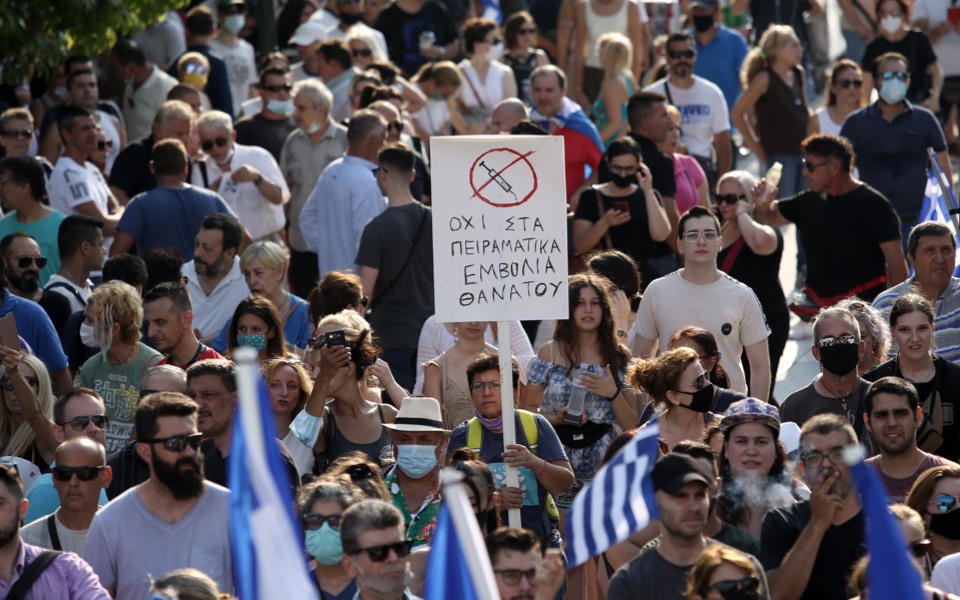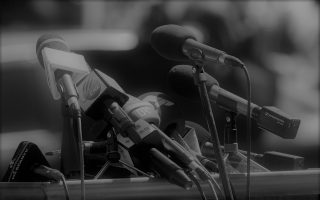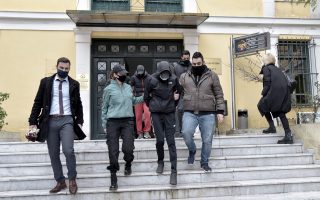Lies and suspicions

No sooner had the Penal Code been changed than police arrested a lawyer who allegedly has played a leading role in undermining the vaccination campaign against Covid-19. It was precisely for such cases of “spreading false news” that Article 191 was changed – to protect “the public’s trust in the national economy, in the country’s defense capability, in public health.”
It has been clear for a while that people who spread lies through social networks and other media have undermined trust in the measures aimed at curbing the pandemic. This has had terrible consequences for those who follow them but also for society as a whole. However, such is the level of suspicion in our public life that not only the lawyer’s supporters but also people who are at the other end of the political and social spectrum will see the change in the Penal Code as a bad thing.
The lack of trust in politics, in institutions, in news media, among each other, contributes toward each one of us – and each group – shaping our own specific reality. Indicative of this is an international survey by the Reuters Institute in 2017 which found that the Greeks (along with South Koreans) had the lowest level of trust in news media (23 percent). Also, 62 percent of respondents said that they got their news from Facebook – where the groups we join can confirm our suspicions and encourage our bigotry.
In our world, politics, news media and business interests are all tied together and justice is not impartial – some benefit while others are victims of injustice. This is why change and reforms provoke such a reaction: However difficult things may be, change will demand time and effort from us to understand the new environment, to find ways to benefit our own group.
Suspicion is strong because very often it is justified. If not today, at some point events will confirm our fears that the game is rigged. We know that politicians lie, that anyone in a position of power exploits it at the expense of others, that the urgent need to limit “the spread of false news” may benefit those who want to hide the truth.
It will take courage, persistence (perhaps even self-sacrifice) for leaders and institutions to break through the fog of suspicion, to begin to build trust in the public.





